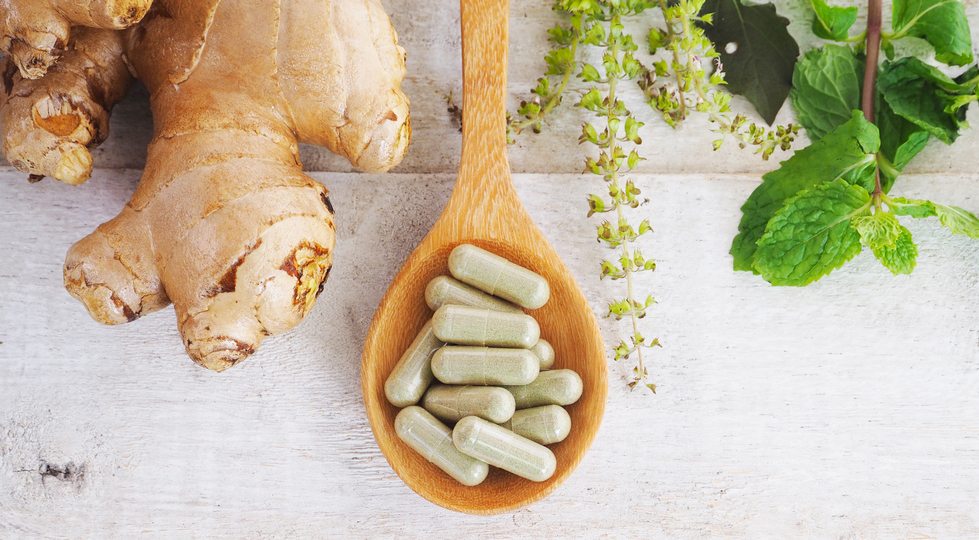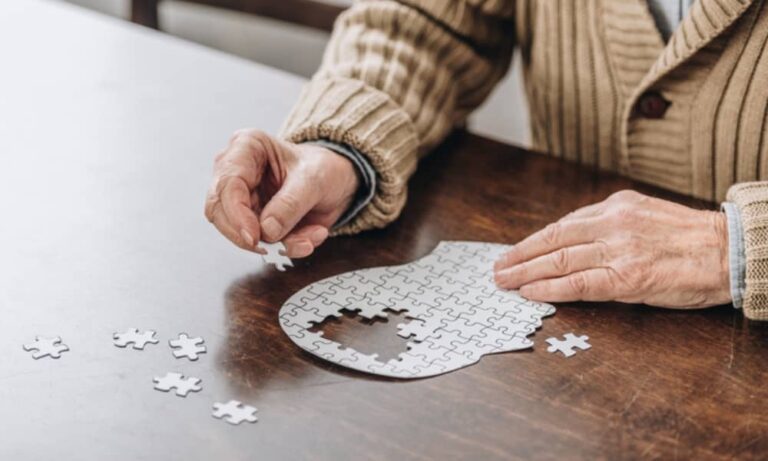Drug-food interactions occur when medicines and food interfere with each other. While it may be a surprise to some, what you eat and drink can change the way some medicines work. In some cases, interactions can be serious. NPS MedicineWise fills us in on some common kinds of drug-food interactions to look out for.
Which medicines should I take with or without food?
Food may speed up or slow down the rate at which your body absorbs a medicine. This can mean your usual dose is too strong or not strong enough. Some antibiotics, such as flucloxacillin (eg, Flopen and Staphlex), should be taken on an empty stomach. This is because food in your stomach can interfere with the absorption of the medicine, stopping it from working as well as it should. Talk to your healthcare professional if you experience any side effects such as an upset stomach when taking flucloxacillin without food. Other antibiotics may need to be taken with food. Always ask your pharmacist about the best time to take an antibiotic in relation to meals.
Many common arthritis medicines and pain relief medicines, such as aspirin and ibuprofen (eg, Nurofen, Advil), should be taken with food. This reduces the likelihood of developing stomach side effects such as indigestion and stomach ulcers. If you notice stomach irritation when taking this type of medicine (even when you are taking it with food) talk to your doctor or pharmacist.
Are there any particular foods that should be avoided?
Certain types of food cause reactions which change the way medicines work.
- Grapefruit: Several prescription, over-the-counter and complementary medicines interact with grapefruit. These include medicines for heart conditions, high blood pressure, high cholesterol, infections, epilepsy, depression, anxiety and sleep problems. Even one glass of grapefruit juice or a single grapefruit can interact with these medicines. Therefore, people taking certain medicines should avoid eating grapefruit or drinking grapefruit juice. If you enjoy grapefruit, check with your pharmacist if there are any interactions with your other medicines before having this fruit.
- Vitamin K-rich foods: People at risk of heart attack and stroke are prescribed warfarin because it stops their blood from clotting. Foods high in vitamin K cause blood to clot, affecting the way warfarin works. If you take warfarin, it’s important that you keep the amount of vitamin K in your diet consistent over time. Sources of vitamin K include green vegetables such as broccoli, spinach and kale. People taking warfarin should also avoid cranberry juice or products containing cranberry.
- Calcium-containing foods: Some antibiotics, such as doxycycline (eg, Vibramycin), and osteoporosis medicines, such as alendronate (eg, Fosamax), do not work as well when taken at the same time as eating calcium-rich foods. Calcium-rich foods include milk, cheese and yoghurt, as well as calcium supplements.
Medicine labels relating to food: what do they mean?
- Take with or soon after food – taking a medicine with food usually means taking the dose within 30 minutes of a meal.
- Take immediately before food – medicine should be taken immediately before food or with the first mouthful of food.
- Take on an empty stomach – this generally means taking the dose at least 1 hour before or 2 hours after a meal.
What can I do to minimise harmful drug-food interactions?
- Talk to your doctor or pharmacist before you start a new medicine. They can advise on possible drug-food interactions. There are a number of other ways you can minimise drug and food interactions.
- Read the prescription label carefully and pay attention to any warnings or precautions. Ask your doctor or pharmacist if there’s anything you’re unsure about.
- Read the ‘taking other medicines’ section of the consumer medicine information (CMI) leaflet. This provides information on possible drug-food interactions.
- Avoid drinking alcohol with some medicines. Ask your pharmacist whether alcohol will interact with your medicine.
- Take supplements such as vitamin and minerals with caution. Supplements can interfere with some medicines, so speak to your doctor or pharmacist if you’re unsure.
- Call the NPS Medicines Line on 1300 MEDICINE (1300 633 424) to get information about interactions with your prescription, over-the-counter and complementary medicines.
- Call the Adverse Medicines Events (AME) Line on 1300 134 237 if you suspect that your medicine is causing a problem and you’re worried about using it.







